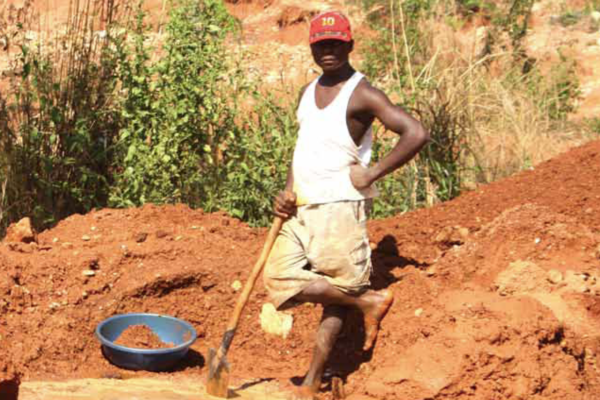
The complexity of resource governance in a context of state fragility: The case of eastern DRC
April 4, 2011A host of publications over the last decade have highlighted the important role played by artisanal and small-scale mining of coltan, gold and cassiterite in the ongoing conflict in the Democratic Republic of Congo (DRC), yet there is still little awareness of the modus operandi of the various actors involved in the exploitation and trade of these minerals. It is vitally important that initiatives
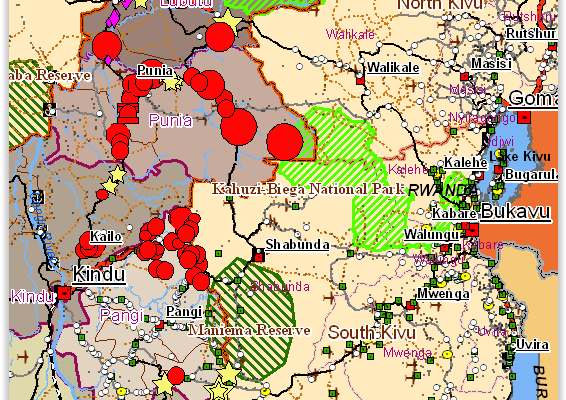
The complexity of resource governance in a context of state fragility: An analysis of the mining sector in the Kivu hinterlands (2010)
November 30, 2010The report ‘Mining activity and mineral trade in the Kivu hinterland’ was commissioned by the Directorate General for Development (DG DEV) of the European Commission and aims to fill an information gap by identifying the principal mining sites and analysing the trade networks of the ‘eastern hinterland’ of the Democratic Republic of the Congo (DRC), located in Maniema, North Katanga and Orientale
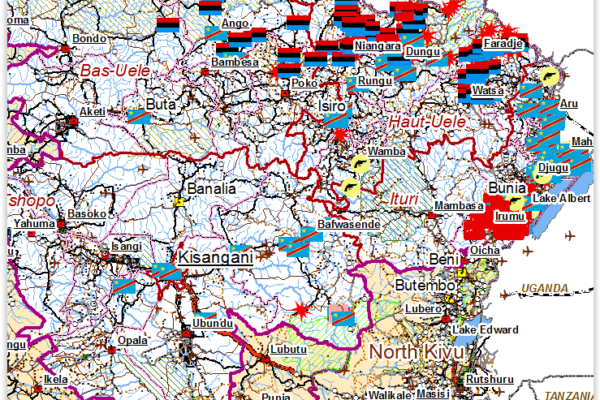
Mapping Conflict Motives: ‘Province Orientale’ (DRC) (2010)
March 22, 2010The districts of Ituri, Haut-Uele, Bas-Uele and the territory of Bafwasende continue to suffer from armed groups. Generally speaking, the strength of the armed groups throughout Orientale is limited and their effectives are few. Moreover, there is a considerable presence of the Congolese army. The Uele districts are the two most northern districts of Orientale bordering the Central African Republi
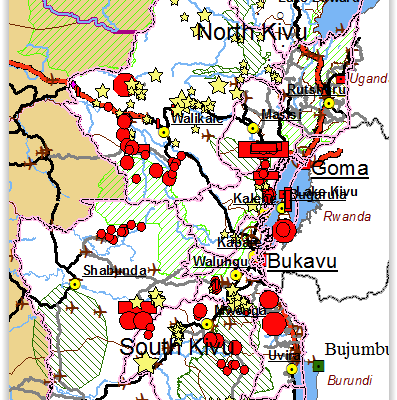
Accompanying note on the interactive map of militarised mining areas in the Kivus (2009)
August 16, 2009The MiMiKi map is a snapshot of the situation as it was in the period May-July 2009. All the armed groups deployed in the region profit directly from the mining activities. Armed groups have positions at more than half of the sites listed on the MiMiKi map where they obtain an (extra) income. The FARDC control some of the most important mining sites and do not restrain themselves from intervening
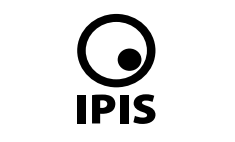
Le plan STAREC du gouvernement congolais: une analyse préliminaire
August 8, 2009Début juillet le gouvernement congolais a établi un plan de stabilisation pour l’Est de la RDC. L’initiative est restée sans écho dans les médias et le plan même n’a pas été rendu public. Néanmoins, après quelques recherches, IPIS à pu obtenir le document. Nous avons jugé que, dans le cadre des efforts congolais et internationaux pour résoudre la crise dans l’Est, il serait utile de résumer les po
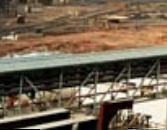
Africa’s natural resources in a global context
August 6, 2009While, on the one hand, it is widely acknowledged that Africa has great natural resource potential, on the other hand, one cannot but regret that the complex interplay between political and economic factors at the national and international level appears to make it impossible to use a more substantial part of the revenues from the exploitation and trade of these resources for the promotion of the
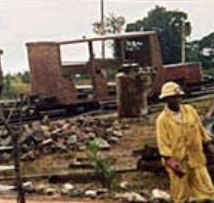
The impact of the global financial crisis on mining in Katanga
July 17, 2009This report examines the impact of the global financial crisis on the mining sector in Katanga, the southeast province of the Democratic Republic of the Congo. As far as the industrial mining sector is concerned, it is shown that the crisis exacerbated the uncertainty of mining companies that were waiting for the results of the review of the mining contracts and that were often in the middle of st
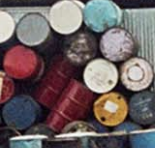
Culprits or scapegoats? Revisiting the role of Belgian mineral traders in eastern DRC
May 17, 2009Ever since the eruption of the second Congo war in August 1998, the mining sector in eastern DRC has been under scrutiny of UN Sanctions Committees, academics, NGOs, and local and international media, who have been worried and disturbed by the links between natural resource exploitation and armed conflict in the region. It has been argued that both state and non-state armed actors are deriving ben
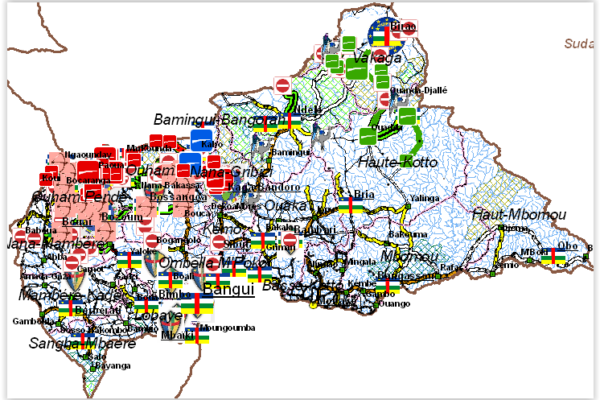
Mapping Conflict Motives: Central African Republic (2009)
February 18, 2009Not many areas in the Central African Republic are really secure. Although the country is scarcely populated, it is tormented by a multitude of armed actors. These belligerents use their weapons for a diversity of reasons but they have one thing in common: each of them would be a weak opponent for any well-organised state, but then this is exactly what the country lacks. Firstly, there are three C
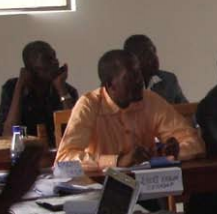
Rechercher la problématique des ressources naturelles dans la République Démocratique du Congo. Syllabus sur le cadre juridique
February 2, 2009Ce syllabus a été rédigé dans le cadre du projet ‘Renforcement de capacité d’ONG congolaises qui travaillent autour les ressources naturelles : méthodologies de recherche et rédaction de dossiers de haute qualité servant de base aux activités de campagne et de lobbying’. Ce projet est éxécuté par l’ONG belge International Peace Information Service (IPIS) et a pour objectif spécifique que les ONG c
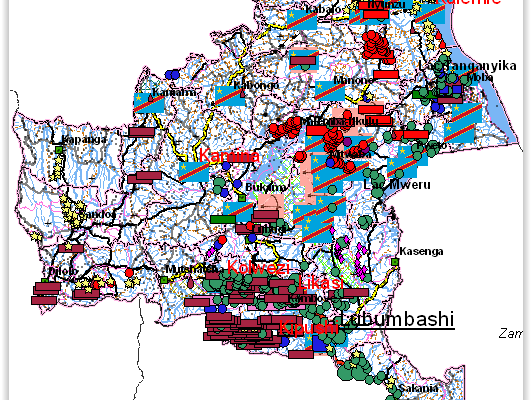
Mapping Conflict Motives: Katanga. (Update May- September 2008)
January 23, 2009This report is the third (and for the moment the last) in a series of updates following an initial report on conflict motives in the Congolese province of Katanga. It analyses the most important security developments from May 2008 until September 2008. Download in pdf or open with issuu reader. http://issuu.com/ipisresearch/docs/20090105_mapping_katanga_update3_en The web maps We have publ
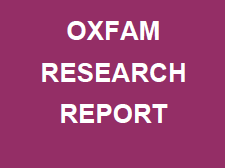
Towards a Sustainable Cocoa Chain: Power and possibilities within the cocoa and chocolate sector
December 25, 2008This report contributes in various ways to the debate on a sustainable cocoa economy. A sustainable cocoa economy is where each person investing time or money into the supply chain would be able to earn a decent income for themselves and their family, work in good conditions, and in a manner which did not harm the environment. It provides an overview of the various stakeholders in the cocoa and th
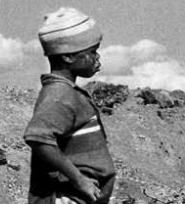
From conflict resources to sustainable development
July 23, 2008Memorandum by Fatal Transactions on the European Union’s contribution to natural resource management in Africa This Memorandum looks specifically at the European Commission’s contribution to a sustainable exploitation of natural resources in Africa and a sustainable supply chain. It also assesses its approach on conflict resources. The paper provides an analysis of the Commission’s trade policy, d
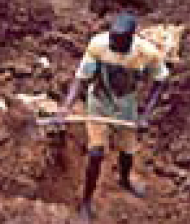
Heeft Congo iets aan zijn mijnen?
June 24, 2008IPIS-MO. Congo beschikt over rijke reserves van erg gegeerde mineralen. Maar ondanks een florerende internationale markt plukt het land daar nauwelijks de vruchten van. Sinds het voorjaar van 2007 werkt Congo op verscheidene fronten tegelijk om die situatie te keren. Het onderhandelt met China over een ruil van Congolese grondstoffen voor Chinese investeringen in het (spoor-)wegennet. Verder overw
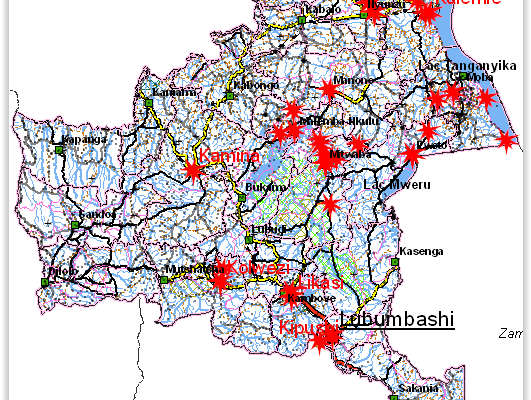
Mapping Conflict Motives: Katanga. (Update December 2007 – May 2008)
June 8, 2008This report is the second in a series of updates following an initial report on conflict motives in the Congolese province of Katanga. It analyses the most important security developments from December 2007 until May 2008. Download in pdf or open with issuu reader. http://issuu.com/ipisresearch/docs/mapping_conflict_motives-_katanga_u December 2007-May 2008 This report is the second in a se

Democratic Republic of the Congo, mining contracts – state of affairs. The Congo wants to raise the profits of its mining sector.
April 24, 2008IPIS, Antwerp March 25, 2008, On Thursday 20 March the Congolese government published the final report of the Interministerial Commission for the Revisitation of Mining Contracts (the “Revisitation Commission”). The publication had been announced two days earlier in a press release from the Ministry of Mines. With the publication, a first phase is completed. The next stage should be that the gover
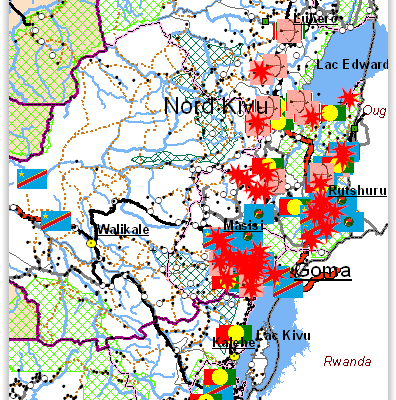
Mapping Conflict Motives: Eastern DRC (March 2008)
March 4, 2008The eastern DRC is still plagued by violent conflict. The centre of the conflict is the ‘Petit Nord’ region where two large armed groups, a coalition of smaller bands of armed men and the government army are all involved in a persisting battle causing enormous human suffering. In the neighbouring regions of the ‘Grand Nord’ and northern South-Kivu open warfare no longer takes place, but there is s
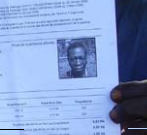
Risky Business. The Lundin Group’s involvement in the Tenke Fungurume Mining project in the Democratic Republic of Congo
February 28, 2008A SwedWatch/Diakonia/IPIS report. After a decade of war and political turmoil, the tide seems to be turning for the DR Congo. The country is now engaged in reconstructing a society that was destroyed by decades of dictatorship and a global power play. Activities are taking off in the mining sector as well. The DR Congo belongs to the category of resource rich countries, with a number of important
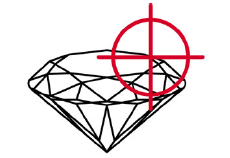
The Kimberley Process and the UN: Lessons Learned
February 14, 2008The United Nations, mainly through the UNSC and the UNGA, has played an important role in the genesis and development of the KPCS, an international control regime aimed at preventing conflict diamonds to enter into the legitimate trade. The earliest forerunner of the KPCS stems from an embargo imposed by the UNSC in June 1998 on unofficial diamonds from Angola. UNSC Resolution 1173 prohibited all
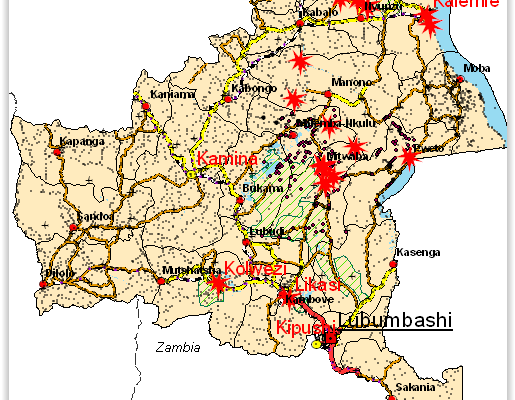
Mapping interests in conflict areas: Katanga. (Update September-November 2007)
January 23, 2008The International Peace Information Service (IPIS), a Belgium based research NGO, is a member of the Fatal Transactions consortium, which carries out the action ‘From Fatal to Fair Transactions’ with co-funding from the EU. IPIS’ contribution to this action is to develop a tool for the analysis of conflict drivers. Making use of GIS (Geographic Information Systems) software, we visualise possible

